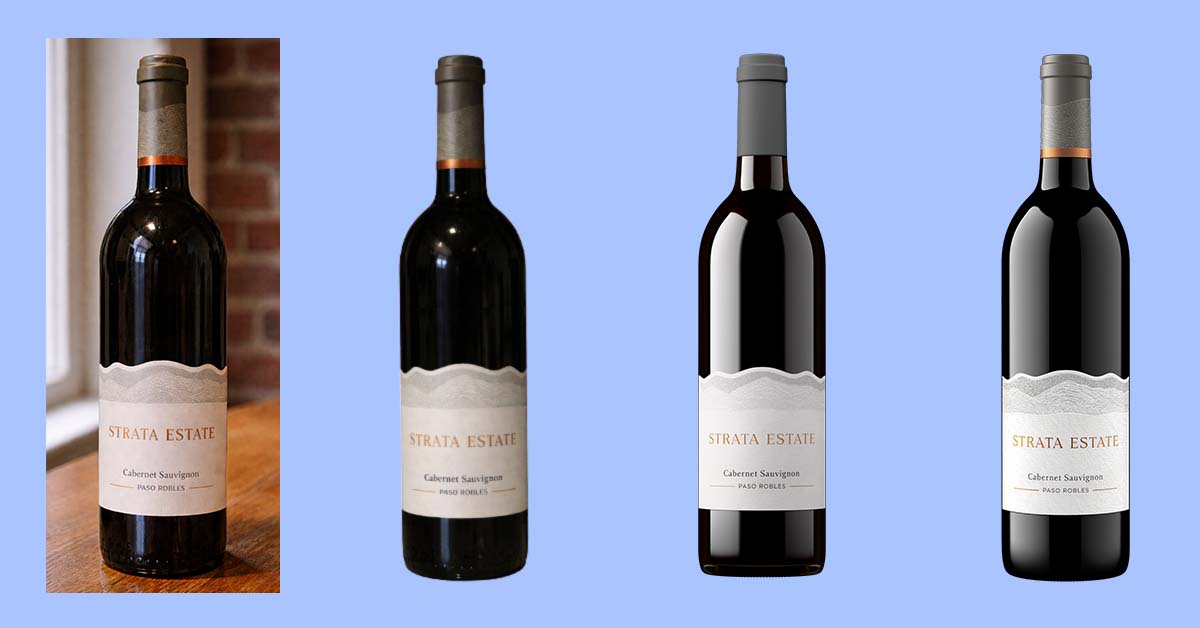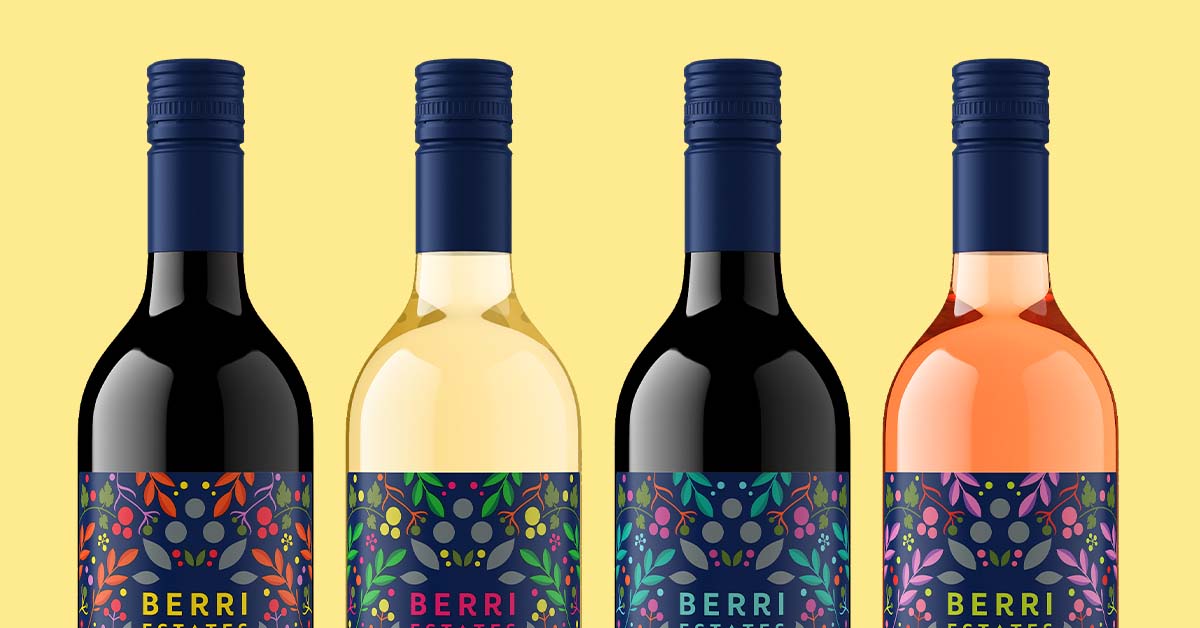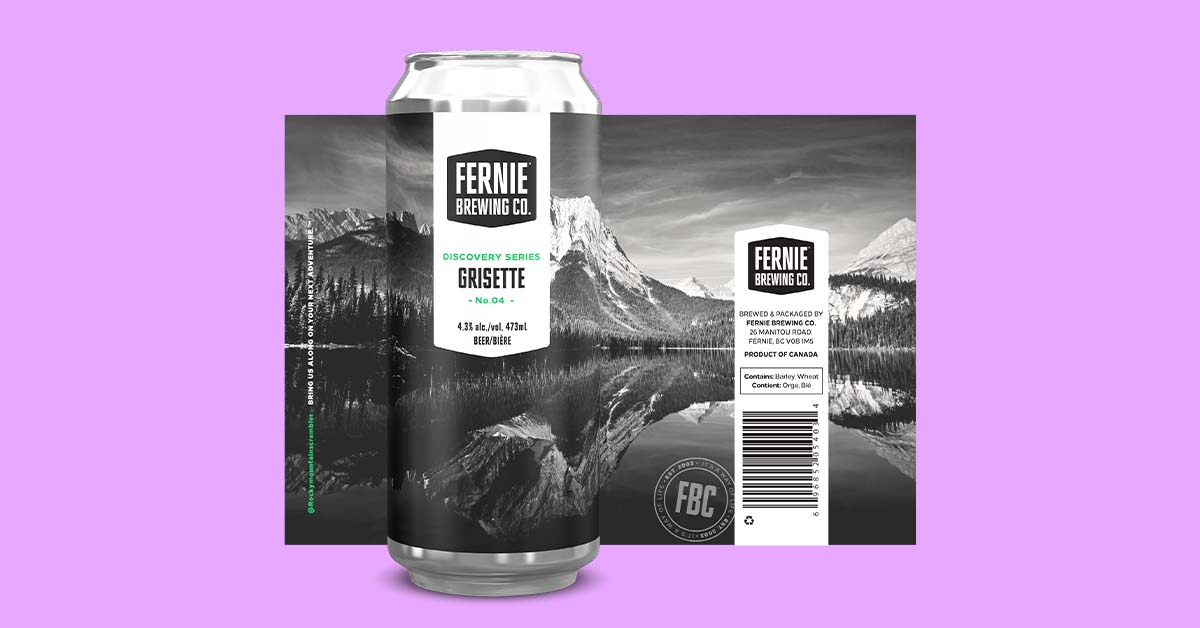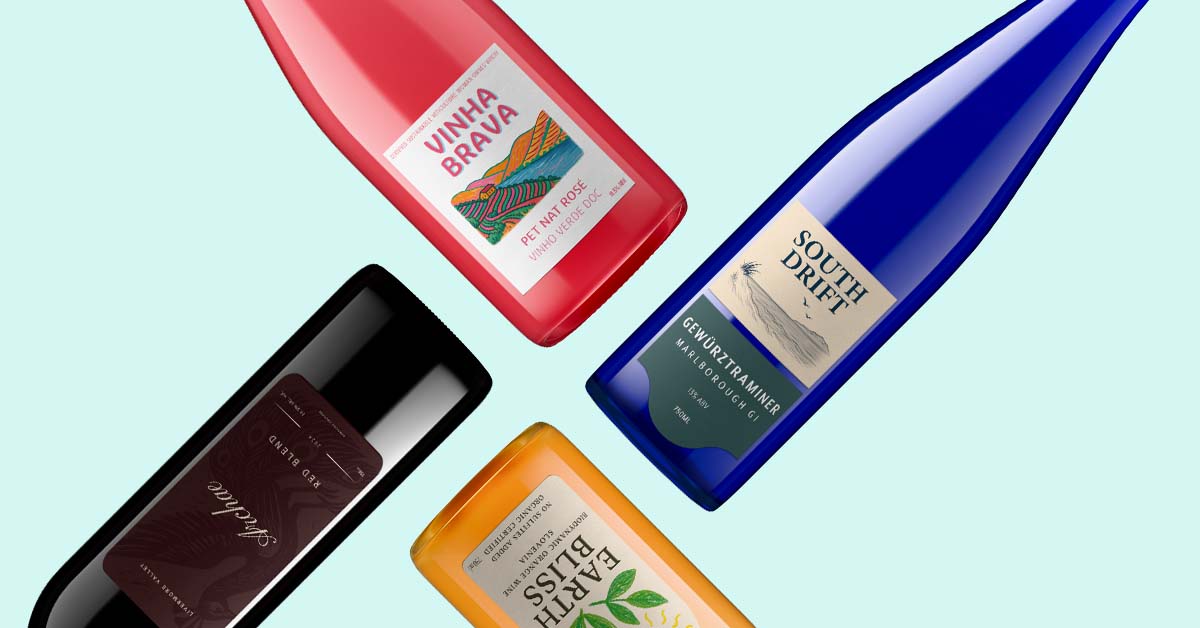Getting started: the must-haves for online wine sales in the U.S
The roadmap to achieving success in the e-commerce wine industry

To sell wine online successfully, brands need to navigate an array of steps and requirements. From legal compliance and licensing to setting up shop on the right platform and devising a smart marketing plan, this article strips down the complexities to hand you a clear, actionable roadmap. Here’s a concise overview of “what do I need to sell wine online”, setting you up to leap into online sales with confidence and clarity.
Key takeaways
- Adhering to legal requirements including acquiring various licenses, understanding shipping laws, and implementing age verification is critical to selling wine online in the U.S.
- Creating an appealing, user-friendly online storefront is key, involving decisions around e-commerce platform selection, website design, and enhancing customer experience.
- Develop a comprehensive marketing strategy that includes a strong brand identity, effective social media engagement, and personalized email campaigns to increase sales and customer loyalty.
Navigating legal requirements for online alcohol sales
To sell alcohol online, it is crucial to strictly adhere to local, state, and federal regulations. The legal requirements, often complex and continually evolving, must be fully understood to ensure the legal operation of your online business and avoid possible penalties.
We’ll focus on the key areas of legal compliance, including license acquisition, understanding shipping laws, and the implementation of age verification.
Obtain necessary licenses
Starting an online wine business necessitates the acquisition of several licenses. These may include:
- An employer identification number
- A state winery license
- A direct-to-consumer shipping license
- A wine manufacturer’s license (if you’re a wine manufacturer)
- State retail licenses (if you’re a reseller)
Applying for these licenses involves submitting applications to the relevant regulatory boards, paying applicable fees, and providing documentation of other necessary permits.
Additionally, part of the licensing procedure includes compliance with specific rules, including those for age verification and shipment tracking. Remember, each state has unique legal requirements, reflecting diverse e-commerce statutes across jurisdictions.
Comprehend shipping laws
Directly shipping wine to consumers presents its unique complexities. Each state in the U.S. has distinct statutes governing the direct shipment of alcohol, including specific permits required, quantities allowed for shipping, and other shipping label requirements.
Fortunately, third-party services like VinoShipper can aid in compliance and direct sales, handling sales tax and ensuring legal sales with age verification.
Implement age verification
Age verification is pivotal in online alcohol sales, ensuring customers are legally eligible to buy and consume alcohol, thereby reducing non-compliance risks. Age verification tools can help confirm that online wine customers meet the legal drinking age requirement.
This software is typically implemented at checkout to verify the customer’s age during the online wine purchasing process.
Crafting your online storefront
An engaging online storefront is a cornerstone of any successful e-commerce business. It’s not just about making your website look appealing; it’s also about making it easy for customers to find what they’re looking for and providing them with a seamless shopping experience.
This section will focus on the processes involved in choosing an e-commerce platform, creating a user-friendly website, and improving the customer experience.
Selecting an e-commerce platform
Selecting the appropriate platform is a vital initial step in establishing your online wine business. Your e-commerce platform should accommodate your business’s scale, strategic goals, and industry-specific needs, such as POS, CRM, and online store integration. There are several e-commerce platforms available, each catering to different business needs. For instance, Shopify is a popular choice for startups, offering scalability and a wealth of customization options. On the other hand, BigCommerce caters to larger businesses with its comprehensive sales and marketing tools, reducing the need for additional plugins.
For larger and multi-brand wine businesses, Adobe Commerce (formerly Magento) provides a powerful solution with sophisticated e-commerce capabilities. If you’re a small wine business looking to establish an online presence, Squarespace’s user-friendly interface might be your best bet. There are also specialized services like Commerce7 and Bloom that offer integrated platforms specifically designed for wineries and DTC alcohol brands, respectively. Ultimately, the selection of an e-commerce platform should align with your business scale and strategic goals, ensuring the chosen solution accommodates growth, marketing, and customer service needs.
Designing a user-friendly website
After selecting an appropriate e-commerce platform, the subsequent step involves creating a user-friendly website. This includes:
- Ensuring easy navigation to enhance the overall shopping experience and encourage sales
- Providing detailed product descriptions to give customers sufficient information about the wine and aid in the buying decision process
- Implementing Secure Socket Layer (SSL) certificates to provide customers with confidence in the security of your e-commerce website.
When it comes to showcasing your wine products, a well-thought-out lighting setup with hard light can create more interesting compositions and vivid reflections, which can be beneficial for glassware photography, especially when capturing glassware and other glass objects on a glass surface. In this context, exploring various glass photography ideas, including when photographing glassware and objects using natural light to reflect light, can help you achieve stunning results.

Enhancing customer experience
A positive customer experience goes a long way in building customer loyalty and repeat business. Showcasing sustainability measures on your website and social media can engage eco-conscious consumers and enhance your brand perception.
Offering a winery-specific club with perks like complimentary tastings or glasses of wine can provide a personalized customer experience. Email newsletters are also powerful tools for building customer loyalty through content like virtual events, webinars, and exclusive invitations.
Moreover, detailing customer service touch points on landing pages such as FAQ, Contact Us, and Shipping and Returns pages reflects your brand’s commitment to customer experience.
Developing a strategic marketing plan
A strategic marketing plan serves as a roadmap leading your online wine business to success. It involves establishing a strong brand identity, leveraging social media, and creating compelling email campaigns.
We’ll examine these strategies in greater depth to comprehend their role in boosting sales, enhancing brand visibility, and utilizing marketing materials effectively.
Establishing a strong brand identity
An unforgettable brand identity forms the bedrock of any triumphant marketing strategy. For wine brands, this involves crafting a brand story that highlights company values, customer preferences, and the uniqueness of their products. Authentic communication of your winery’s story and values can engage consumers, resulting in a stronger, trust-based relationship with the brand.
Positioning your brand as a purveyor of luxury, highlighting your heritage, and emphasizing the superior quality of your products can set you apart in the competitive market.
Leveraging social media
In the current digital era, social media is an essential instrument for promoting your wine business. Engaging with customers on platforms like Instagram and Facebook can help you build a community and tell your brand story. Moreover, a strong digital and social media presence allows you to market your products globally. Wineries are adopting unique marketing strategies, such as influencer partnerships and virtual events, to reach a broader audience and create a distinctive brand image.
Effective use of social media for wine brands involves engaging with the audience, being responsive to comments, and creating professional posts that align with brand advocacy. Visual storytelling is particularly effective on platforms like Instagram and Pinterest, where sharing images of vineyards and wine-making processes can captivate your audience. Interactive engagement through social media with polls, quizzes, and virtual wine tastings can make followers feel part of your story.
Furthermore, user-generated content (UGC) acts as endorsements and helps build community. And let’s not forget the power of influencer partnerships, which can help expand your reach and introduce your wines to a targeted audience.

Creating compelling email campaigns
Email campaigns are instrumental in propelling wine sales and nurturing customer loyalty. Personalizing email campaigns is crucial for effectively engaging subscribers and maintaining their interest. By segmenting your email lists based on customer preferences and purchasing history, you can tailor your communication more effectively.
Use these segmented email lists to:
- Alert customers about new wine releases
- Notify customers about exclusive offers
- Inform customers about the availability of wine club memberships tailored to their interests
Such personalized email campaigns leveraging segmented lists can drive wine sales and foster greater customer loyalty.
Utilizing text messaging to boost wine sales
Text messaging has become a key tool for online sales, especially in the wine industry, due to its immediacy and personal touch. It enables wine sellers to connect with customers in real-time, offering a dynamic and responsive sales strategy that aligns with the demand for quick and convenient communication. For strategies and tools to leverage text messaging in wine sales, visit Red Chirp.
Inventory management and fulfillment strategies
Inventory management and fulfillment strategies are pivotal to the success of your online wine business. We’ll investigate how to optimize inventory control, guarantee efficient order fulfillment, and manage returns and exchanges effectively.
Streamlining inventory control
Keeping accurate stock levels is essential in wine inventory management to prevent overstocking or running out of products, which can result in lost sales and customer dissatisfaction. The Days on Hand metric and the Stock Turnover Ratio are invaluable tools in understanding how quickly your inventory is sold and replenished, aiding in cash flow and inventory level management.
Monitoring dead stock helps identify non-selling products, making your purchasing decisions more informed and your shelf space management more efficient. Larger operations may benefit from a Point of Sale (POS) system to automate inventory management, minimize errors, and manage the inventory more efficiently.
Efficient order fulfillment
Efficient order fulfillment is key to ensuring a positive customer experience. Here are some tips for shipping wine:
- Use sturdy corrugated boxes with double wall construction for extra insulation and protection.
- Use high-quality inserts and cushioning materials to secure and protect wine bottles inside the packages.
- Conduct pre-shipment tests, including drop and vibration assessments, to ensure that the packaging can protect wine bottles during transit.
Following these tips will help ensure that your wine arrives safely to your customers.
Proper waterproof and durable labeling indicating the presence of alcoholic beverages is essential to prevent delivery issues and maintain shipping integrity. Additionally, providing customers with various delivery options enhances satisfaction by accommodating individual preferences and ensuring a positive purchasing experience.
Handling returns and exchanges
Formulating a transparent return policy for online wine sales is crucial to uphold customer trust and satisfaction. The return policy should:
- Clearly outline the conditions under which wines can be returned or exchanged
- Specify the time frame within which returns must be made
- Detail the return process to reduce confusion for both customers and staff.
Payment processing and security measures
Securing payment processing and implementing cybersecurity measures are significant considerations for any online business. The following sections will discuss the selection of secure payment gateways and the implementation of data encryption technologies to safeguard your customer’s information during online transactions.
Choosing secure payment gateways
High-risk classifications of liquor sales require merchants to seek specialized payment processors, such as DigiPay Solutions, that cater to the alcohol e-commerce industry. Secure payment processing, like that provided by WineDirect, adheres to the highest PCI DSS standards and employs authentication and tokenization methods to guard against fraud.
Payment gateways play a crucial role in securely transferring payment information from the merchant’s website to the payment processor or bank.
Ensuring cybersecurity
Online security is a significant concern for customers and businesses alike. SSL certificates play a vital role in protecting customer information during online transactions by encrypting data to prevent unauthorized interception. To ensure secure credit card transactions, e-commerce sites are required to adhere to PCI DSS standards, which mandate the use of SSL certificates.
But cybersecurity goes beyond just SSL certificates and data encryption. It also involves comprehensive solutions and information technology that defend personal and financial data from fraud and unauthorized activities.
Mastering wine photography and descriptions
Superior wine photography, crisp image and persuasive product descriptions are essential to attract customers and increase sales. The following sections will examine how to take top-notch bottle images and create captivating product descriptions.
Capturing high-quality bottle images
Capturing high-quality images of your wine bottles is crucial for an effective product display. It requires the right equipment, like good lenses and reliable lighting, and adjusting camera settings for optimal clarity. Preparation is key, including cleaning the bottles and setting up proper lighting with diffusers and softboxes. Enhancing photos with props and managing reflections can further improve the visual appeal of glass bottles.
For those looking for an innovative solution, Outshinery offers a unique service that bypasses traditional wine glass photography challenges. Using cutting-edge technology, Outshinery creates flawless digital images of your wine bottles, ensuring your products are showcased in the best light without the hassle of physical photography setups.

Crafting engaging product descriptions
Crafting persuasive product descriptions holds equal importance to taking striking photographs. Good e-commerce copywriting is crucial for driving results and selling products such as wine online. Your product descriptions should focus on the benefits to trigger emotional responses in potential customers and drive purchasing decisions.
Establishing a strong point of view in your copywriting helps to connect with readers and imbue product photography on your website with a unique personality. Remember, your product descriptions should effectively describe a product’s features and the benefits it offers to the consumer.
Building a loyal wine club
Establishing a loyal wine club can markedly strengthen community ties and boost online sales and memberships. We’ll discuss how to formulate appealing subscription models, provide exclusive member benefits, and implement successful member retention strategies.
Subscription models and pricing
Wine clubs generally provide a range of wines delivered regularly, allowing members to receive either curated or customizable shipments. One of the biggest draws for members is the discounted prices they enjoy on the wines they receive through their subscription.
Pricing your wine club memberships competitively and offering additional benefits, such as discounts and regular deliveries, can enhance the subscription appeal.
Exclusive member perks
Providing exclusive benefits can enhance the appeal of your wine club to prospective members. These perks may include:
- Early access to new releases
- Ability to purchase exclusive bottles and limited editions not available to the general public
- Discounts on retail prices
- Free shipping
These benefits can add value to the membership.
Furthermore, special events that are not open to the public can make the membership feel more exclusive and rewarding.
Member retention tactics
Maintaining your wine club’s membership is equally as important as acquiring new members. Here are some strategies to help you retain your members:
- Build a sense of community through exclusive gatherings, events, and virtual tastings
- Personalize the wine club experience to members’ preferences
- Offer unique, limited-edition wines
- Provide special benefits and discounts for loyal members
By implementing these strategies, you can strengthen your connection with members and increase their loyalty.
Regular communication through channels like newsletters and social media, as well as actively soliciting and acting on member feedback, keeps members engaged and gives them a voice within the club. Moreover, flexibility in subscription preferences and the ability to pause or adjust shipments, alongside loyalty rewards for long-term members, can accommodate life changes and express appreciation.
Summary
Navigating the intricate process of setting up and running a successful online wine business involves overcoming complex legal hurdles, creating an engaging online storefront, developing a strategic marketing plan, and mastering the art of wine photography and descriptions. It also includes understanding the importance of building a loyal wine club through enticing subscription models, exclusive perks, and effective member retention tactics.
The journey to online wine-selling success may be complex, but with this comprehensive guide, any entrepreneur is well-equipped to uncork their venture’s potential and pour success into their glass.
Frequently Asked Questions
What are some legal requirements for selling wine online?
When selling wine online, it's important to obtain the necessary licenses, understand shipping laws, and implement age verification systems to comply with legal requirements.
How can I enhance my online storefront?
To enhance your online storefront, choose a suitable e-commerce platform, design a user-friendly website, and improve the customer experience. These steps will help boost your online presence and sales.
What are some strategies for developing a marketing plan?
To develop a marketing plan, focus on establishing a strong brand identity, leveraging social media, and creating compelling email campaigns. These strategies can help you reach your target audience effectively.
How can I manage my wine inventory effectively?
To manage your wine inventory effectively, focus on streamlining inventory control, ensuring efficient order fulfillment, and handling returns and exchanges effectively.
How can I build a loyal wine club?
To build a loyal wine club, offer enticing subscription models, provide exclusive member perks, and employ effective member retention tactics. These strategies can help you create a strong, loyal customer base.










































